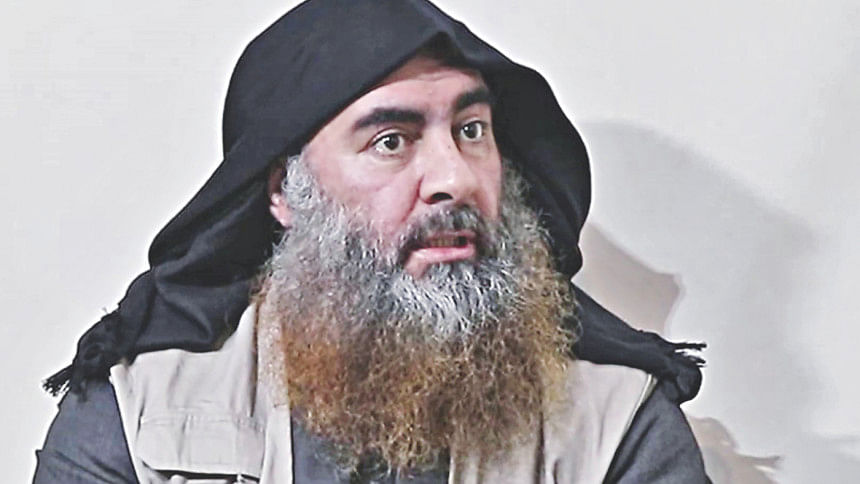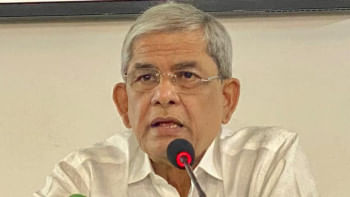IS jihadist danger still lurks

Its flagship affiliate expanding into Pakistan, Tajikistan, Iran, India, Bangladesh, Indonesia
Experts caution that they expect the group's ideology to endure beyond Baghdadi
Eliminating the Islamic State's elusive leader gives President Donald Trump a new argument for leaving Syria, but the US military campaign against the extremists is far from finished.
The killing of Abu Bakr al-Baghdadi by US forces leaves the Islamic State without an obvious leader, a major setback for an organization that in March was forced by American troops and Kurdish forces out of the last portion of its self-declared "caliphate," which once spanned a swath of Iraq and Syria.
But the militant group, which arose from the remnants of al-Qaida in Iraq after that group's defeat by US-led forces in 2008, has ambitions to regenerate yet again. And it remains a dangerous threat in Iraq, Afghanistan and beyond.
"The bottom line is: This puts the enemy on its heels, but the ideology — and this sounds so cliched -- it is not dead," said Chris Costa, a former senior director for counterterrorism for the National Security Council in the Trump administration.
Key to the Islamic States is its "kill where you are" ethos, encouraging a far-flung network of followers, including those in the United States, to commit violence however and wherever they can. That jihadist message is likely to live on, even with the death of al-Baghdadi.
That means US forces, perhaps in reduced numbers, will continue hunting and attacking key Islamic State targets, even as Trump says he's committed to a 2016 campaign pledge to bring them home and end "endless wars" started under his predecessors.
Trump earlier this month went from declaring a near-complete withdrawal of US forces from Syria to deciding that some -- perhaps several hundred -- must stay to keep eastern Syria's oil fields from falling back into the hands of the Islamic State. Trump also agreed to keep about 150 US troops at a base in southern Syria.
In announcing Sunday that al-Baghdadi had blown himself up after being cornered in a dead-end underground tunnel in Syria, Trump acknowledged that IS, which he often calls "100 percent" defeated, still has ambitions to make a comeback. The group is "very, very strongly looking to build it again," he said.
Rep Mike Rogers, the ranking Republican on the House Homeland Security Committee, said five years of US and coalition effort inside Syria have not eliminated the Islamic State threat.
According to defense officials in Iraq and Afghanistan who study Islamic State and have watched its movements, the group is growing in power and numbers outside of Syria.
Its flagship affiliate is known as ISIS-Khorasan in Afghanistan, and it is expanding into other countries, including Pakistan, Tajikistan, Iran, India, Bangladesh and Indonesia. Many of those affiliates have liaisons in the terror group's hub in eastern Afghanistan.
The death of al-Baghdadi leaves the group without an equally brand-name successor and deprives would-be jihadists of a figurehead leader to rally behind.
Counterterrorism experts say that leadership void is a significant loss for a terror group that had lost the vast stretches of the physical caliphate in Syria and Iraq it had once controlled. But they also caution that they expect the group's ideology to endure beyond al-Baghdadi.

 For all latest news, follow The Daily Star's Google News channel.
For all latest news, follow The Daily Star's Google News channel. 



Comments